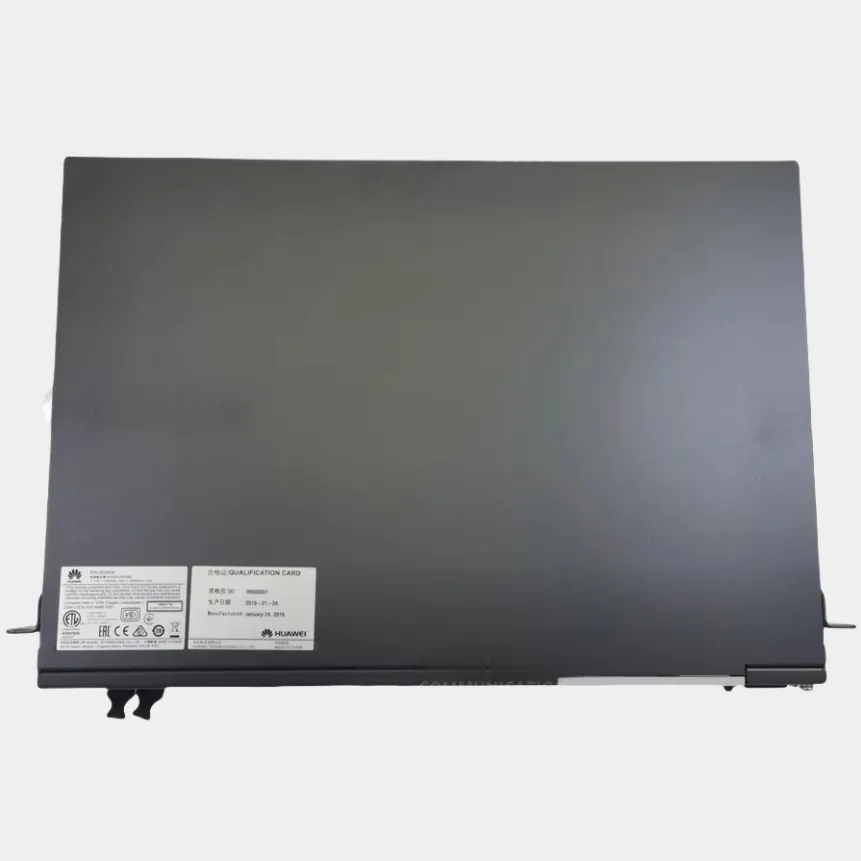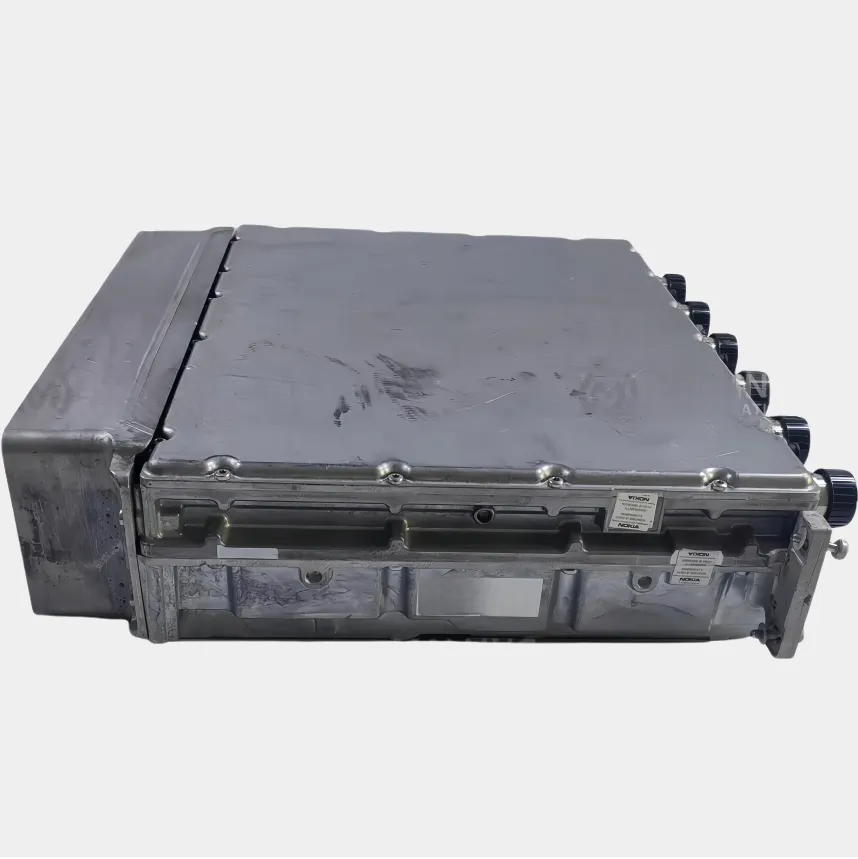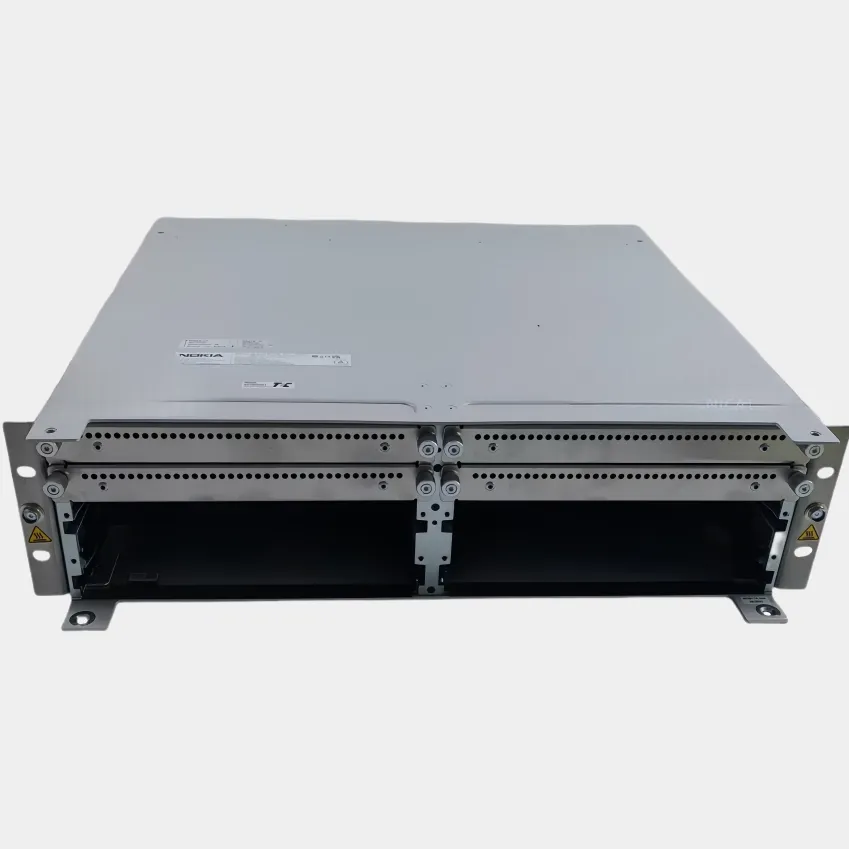Ku jiran Inta Badan Units U Dhexeeya Functionalism
Ka mid ah units ee radio frequency, baseband units, iyo control units, BTS waxay ku joojin doonaa signal processing, protocol execution, iyo wireless transmission functions, ku saabsan ayaa lagu yimid communication node ee ku jirin inta badan.


